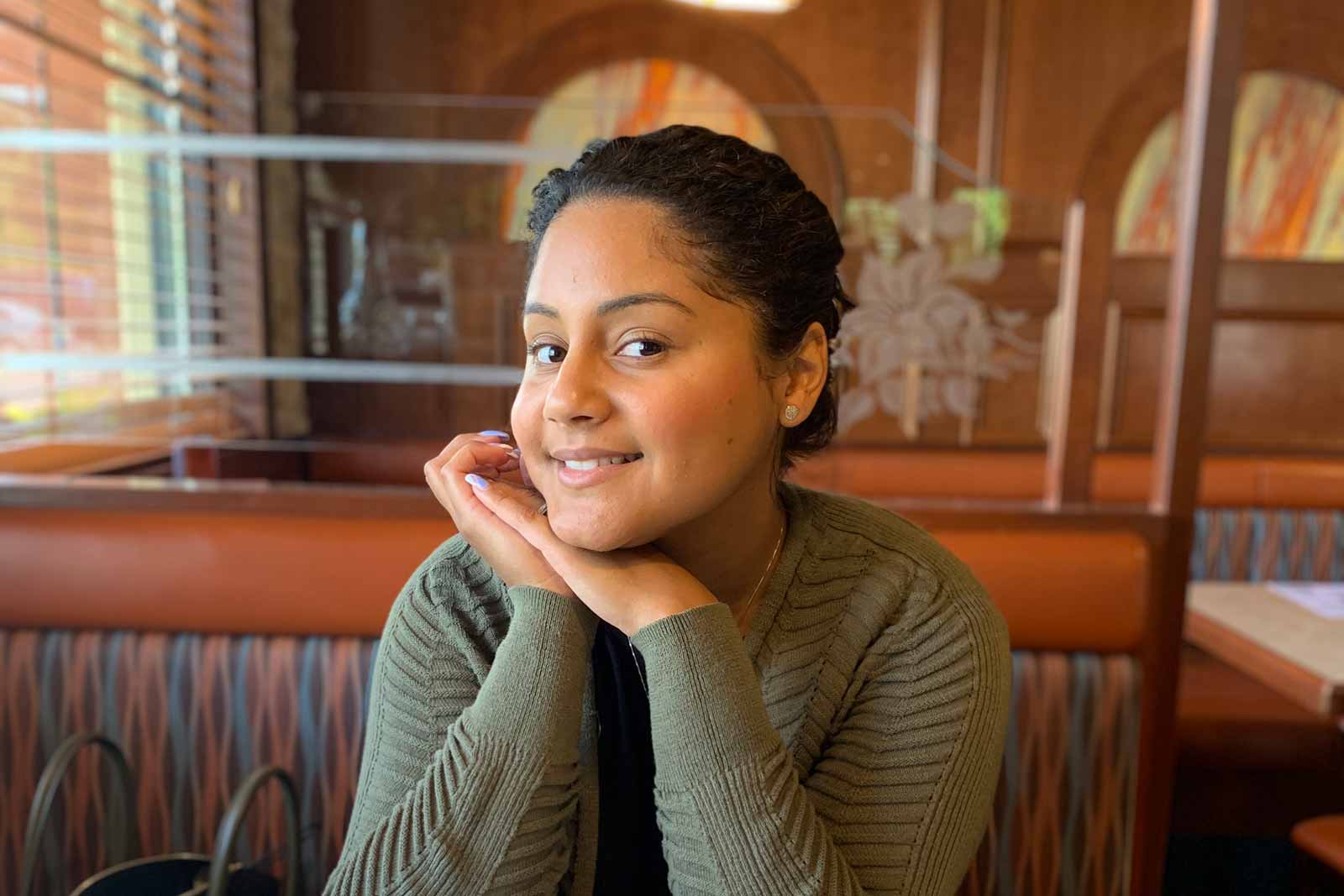When I first promoted my life coaching services, my Latino family members and friends had no idea what I offered. I even had conversations in person and over the phone to explain what I do, and they still could not grasp the concept of life coaching. Naturally, some of them compared life coaching to psychotherapy and asked if I was now a psychologist.
I must admit that I was very annoyed at first because I felt offended. For one, psychologists undergo extensive professional and academic training to become psychologists. Secondly, life coaches coach clients, not topics or their problems, and solve anything for them.
I also developed a special kind of patience for my repeated explanation of a coach. The best one I was able to conclude for my Latino folks was comparing a life coach to a sports coach. I simply ask them to visualize a coach during a game and ask what they notice about athletic coaches.
I asked, “When athletes are on the field, do you see the coach on the field as well?” They would always shake their heads no as an immediate response. Well, life coaches do not solve client’s problems or achieve their goals for them. Similarly, athletic coaches do not play the game for their athletes. I add, “Life coaches are guides, we are definitely on the sidelines, and we support clients as they achieve whatever goals they have set for themselves.”
One day it dawned on me. My Latino family and friends had a hard time understanding the concept in general, not the definition. The Latino population takes a great deal of pride in their culture, their language, their native countries, and pride itself in general. Latinos are happy and prideful folks.
Latinos tend to focus on the outcome and not the process so much and take genuine pride in achieving things alone. The idea of working alone, I do not know if this is factual or not, but I presume, based on the observations I have made all my life is because of several reasons.
1. Latinos usually immigrate to this country alone, thus asking for help feels possible for them when they step foot on the land of the free because of language barriers or even legal status fears. They succumb to silence and pride before they reach their hand out for help. Latinos make up most of the immigrants in the USA. The language barrier restricts them from asking for help. This continues to add to their lack of resources needed to better themselves in this country. These resources include but are not limited to job opportunities, education, entrepreneurship, mental health assistance, or overall improvement like life coaching services. This may seem like a stretch, but communication is a huge factor for any issue at hand.
2. Latinos take pride in their homes, no matter how broken they can be. Therefore, whatever happens in the home, stays in the home. Consequently, Latinos do not seek help outside of the home because that would mean discussing what happens in the home with people from outside of the home. For many people, the dynamic of speaking personal matters with “strangers” threatens the structure of their home or the privacy that has been established. This can also threaten their pride. Again, it does come down to pride. This does not mean that they’re legitimately proud of what goes on but the fact that they only want others to know what they are proud of only and not the struggles that other families or people could be facing. Hence, the Latino culture instills difficulty in our help to ask for help and seek professionals to assist in mental health matters such as therapy or yes, you guessed it, Life Coaching. The conversation of mental health in the Latin community is starting to open up as seen in the Disney film “Encanto”, a Latin family prides themselves in an image of togetherness, and Latin families are not encouraged to seek help outside of the home, thus taking away the opportunity for folks to seek help for any mental health concerns or therapies or supports like life coaching. Please watch “Encanto ” if you have not done so already. It solidly exemplifies many Latin homes and their lack of facing generational trauma and keeping it quiet, literally within the walls of the house.
3. If the Latino population struggles with asking for help, priding themselves with being self-reliant, imagine how much they seek professional medical attention even if needed. Latinos have entrusted holistic health care as practiced in their native countries and this is passed down from generation to generation. Let us say you have a headache. A Latino parent would most likely tell you to “Use Vicks VapoRub to help you breathe and calm your headache because the menthol found in the VapoRub is magical”. We may not discuss dehydration or other medical causes thus seeking medical attention is prolonged as much as possible. If medical attention is needed and not sought after, life coaching takes a back seat as well. Mental health is wealth, but the Latino population may not know how to go about getting the right help to improve their overall health when Mental health takes a back seat as well.
Latinos barely seek professional medical assistance for many reasons, but life coaching is still up and coming for the Latino community, so it is not known to them as a viable option to improve their lives. As life coaches, we serve clients and help them achieve their goals because life coaches genuinely want to be part of the healing phenomena and use their skills to help others heal as well.
To clarify life coaching does not replace therapy. However, life coaching is very successful alone and is even more effective when paired with a client who is also undergoing mental health therapies with a licensed psychologist or psychiatrist.
Life coaching came into practical fruition in the 1980s and cognitive (psycho) therapy in the 1950s. The Latino community is still a stranger to psychotherapy that has been available for around seven decades. It all makes more sense now as to why the Latino community struggles with the concept of Life coaching. We have a long way to go. In the meantime, I will do my part to voice how effective life coaching is for all people and continue to be the first Latina that I know to be a life coach in my community and family. I will continue to break the barrier and be part of the movement for the Latino population.
Lillian Hernandez
Lillian Hernandez is a self-published author, educator, English Major, podcast host of True Lessons, and certified Life Coach. She is a mother of two and a wife of almost 17 years. Lillian is also the Founder of Empowered Majesty Team and publishing her fourth book this fall, So I am healed, Now What.
Learn more about Lillian at her author website laautora.com, or her Life Coaching School & Services website empoweredmajestyteam.com.









Be First to Comment